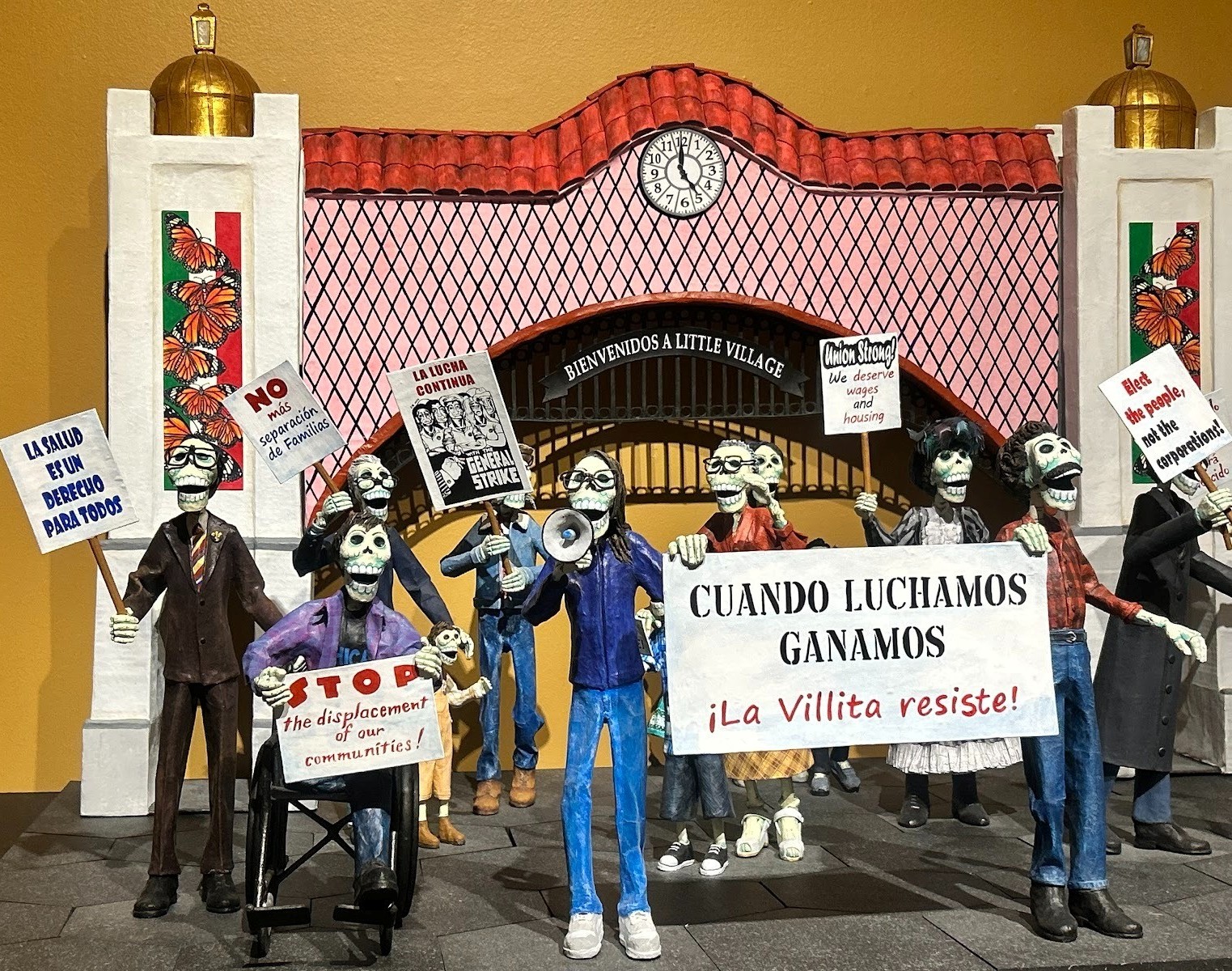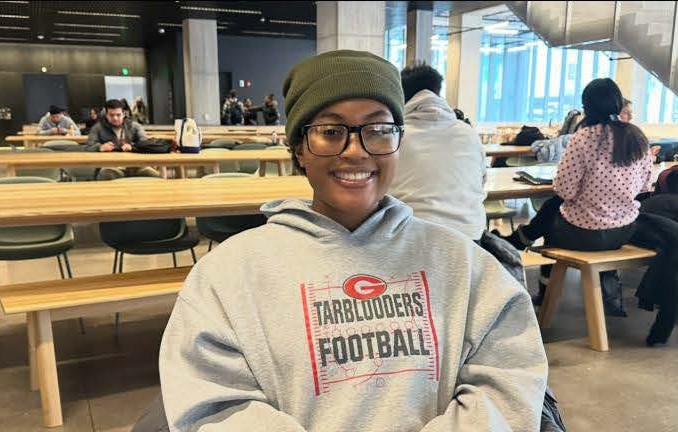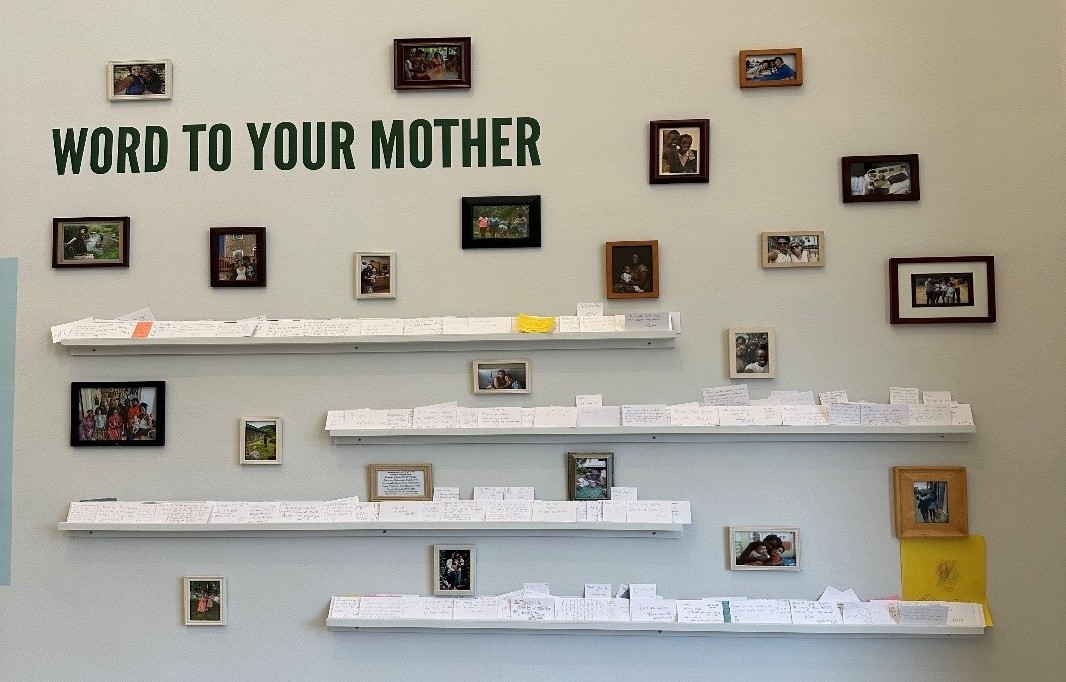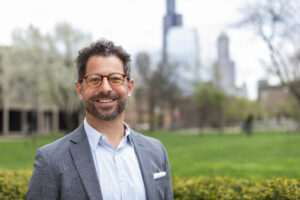Women and members of an organization against violence in inner-city neighborhoods gathered Tuesday
to request a plan of action from Gov. Pat Quinn and Mayor Rahm Emanuel.
The plan of action requested by the Women’s Council on Community Intercession included full funding for the Ceasefire program, a campaign that focuses its campaign to stop gun violence throughout Chicago.
The state funding for ceasefire has consistently lapsed during the summer months, which is a critical period of gun violence in Chicago, according to the Women’s Council on Community Intercession.
“Nearly 300 people are shot down every July in this city, many of which are children,” said council member Carmelita Earls in a press release. “That should present enough urgency to our leaders to o simple things such as funding Ceasefire on time. How could paperwork be more important than saving lives?”
Council Member Maryann Peterson, 48, a mother of two young girls, said she feels her community is under the attack of gun violence at the expense of young lives.
“Mothers are not supposed to bury their children, that’s not supposed to happen, but it’s happening too often,” said Peterson. “Thank God I don’t have any boys. But my girls are still at risk.”
The proposed plan also raised the issue of incarcerated individuals. Each year there are 25,000 inmates released into Chicago’s low-income, high-crime areas where they continue to lead crime-ridden lives due to lack of resources, according to the group.
Council member Patricia Van-Pelt Watkins said there needs to be action taken to absorb the issues that the released inmates cause and deter convicts from the life of crime.
“The 20,000 that’s coming back this year is coming back to join the hundreds of thousands that already roam our city,” said Watkins.
The organization called on Quinn and Emanuel to walk with them to further discuss and brainstorm ideas for the overall reduction of violence in Chicago. While the commission commends efforts to enforce laws against gang violence, speakers at the conference demanded protection for the youth throughout the communities.
“We cannot stop the violence by coming up with the RICO law,” said Watkins. “It’s like using a fly swatter to stop a ballistic missile.”
Tracey Brim, a pastor and teacher in the Austin neighborhood, said gun shots that took the lives of two young men rang out on the intersection of Mason Avenue and Division Street, just steps away from her home.
“It’s not unusual to hear gunshots at night, but never has it come that close, proximity and also the relationship.”
Brim said the two men were close neighbors of hers and she had watched them grow into sensible men with great potential.
“I had to come,” she said. “The blood of those young men was crying out to me.”


















Be First to Comment